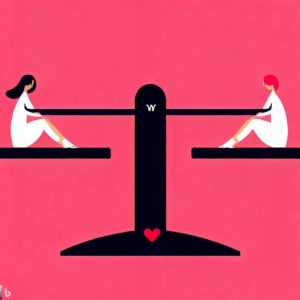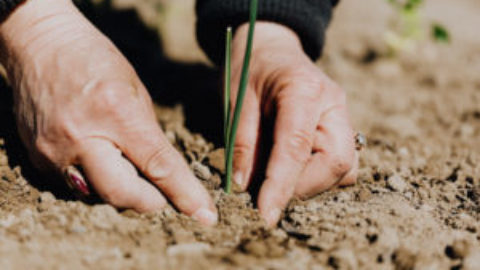
Have you ever wondered why we can experience such strong, seemingly opposite emotions towards the same person in a relationship? If you think about it, it’s a lot like a seesaw. On one end, you’ve got love, and on the other end, hate. Sometimes we swing closer to one end than the other. But the two ends are always connected – they’re part of the same seesaw. Intriguing, right?
Decoding Love and Hate
First, let’s clarify what we mean by ‘hate’ in this context. We’re not talking about severe hostility or violence. Rather, we’re referring to those moments when you feel intense annoyance, irritation, or disappointment towards the ones you deeply care about. You know what they say – “The ones you love are the ones who can hurt you the most.”
The Intimacy Paradox
One possible explanation for the love-hate dynamic is the intimacy paradox. Close relationships bring us joy, provide comfort, and make us feel secure. However, the closer we get to someone, the more vulnerable we become, giving them the power to hurt us, intentionally or unintentionally.
Conflict and Growth
Remember, every relationship involves two unique individuals with their personalities, habits, and expectations. Differences are bound to arise, and disagreements can stir up strong negative emotions. But these conflicts, as uncomfortable as they may be, can also open doors for personal growth and deeper understanding.
Understanding Our Emotions
It’s important to recognize that love and hate are not absolute or mutually exclusive. You might love someone deeply, and yet, during an argument or disagreement, feel like you ‘hate’ them. But it doesn’t mean the love has evaporated – it’s just temporarily overshadowed by other emotions.
Dealing with the Hate Moments

- Recognize your feelings: It’s completely normal to feel upset or angry. But rather than reacting instantly, take a breather. Give yourself some time to process what you’re feeling before you address the issue.
- Communicate openly: Express your feelings and concerns to your partner in a non-blaming way. Use “I” statements, like “I feel hurt when our anniversary is forgotten.”
- Seek professional help if necessary: If you find it hard to manage these emotions or the ‘hate’ moments are becoming too frequent, don’t hesitate to seek help from a professional psychotherapist.
It’s All About Balance
Understanding the love-hate dynamics is part of building and maintaining healthy relationships. It’s a delicate dance, but with empathy, patience, and communication, you can navigate it successfully. The goal isn’t to eliminate the ‘hate’ moments entirely – that’s unrealistic. Instead, focus on dealing with them in a way that doesn’t disrupt the love in your relationship. Remember, a seesaw works best when it’s balanced.







